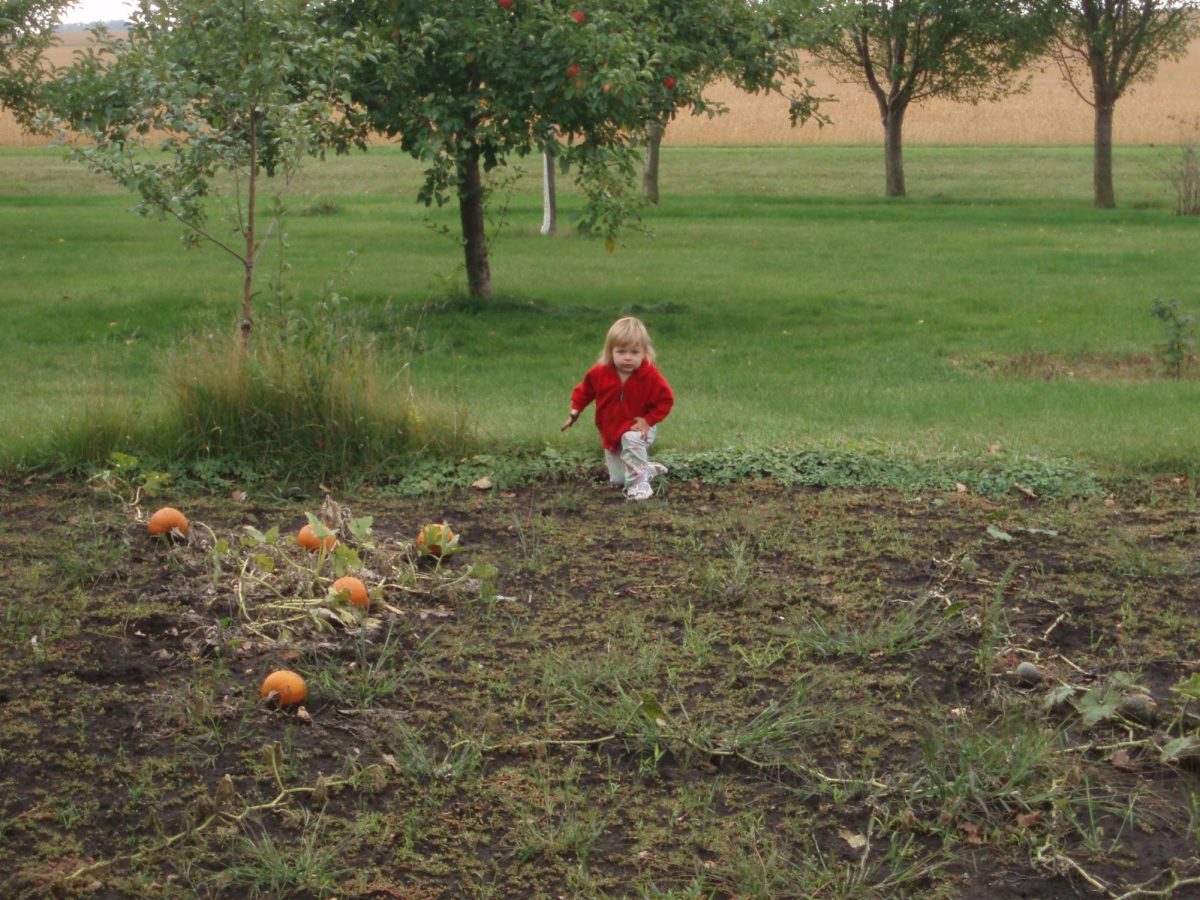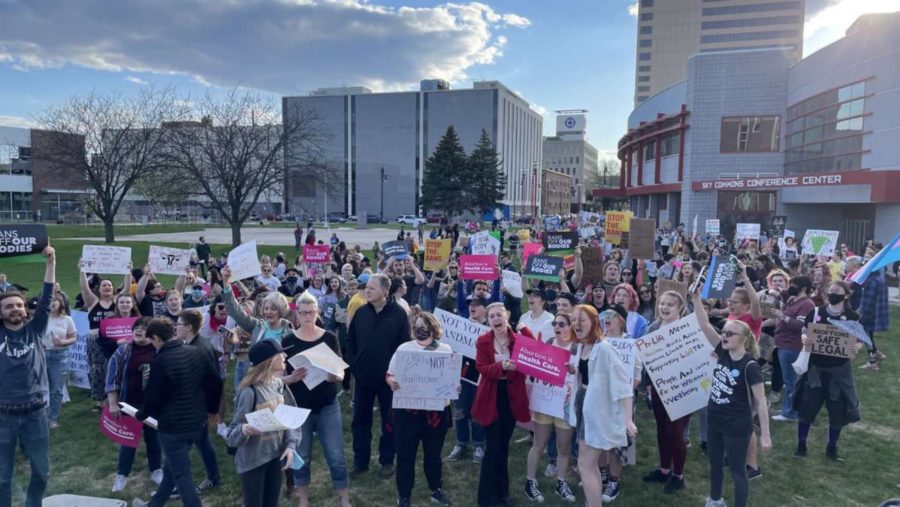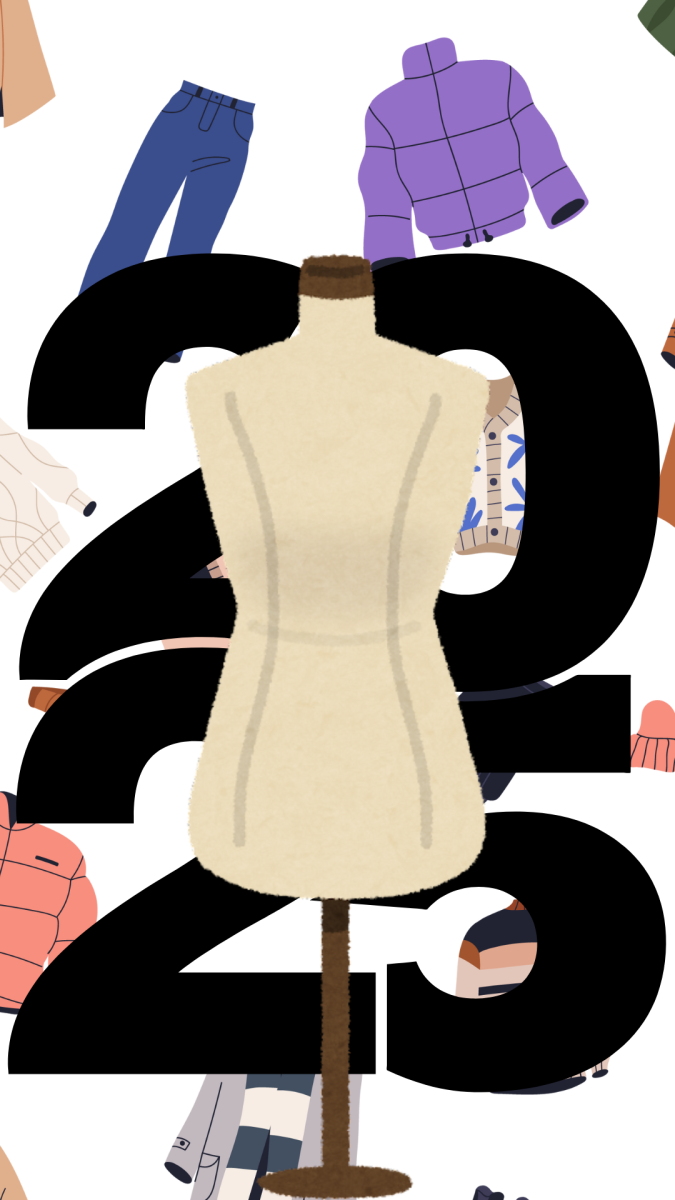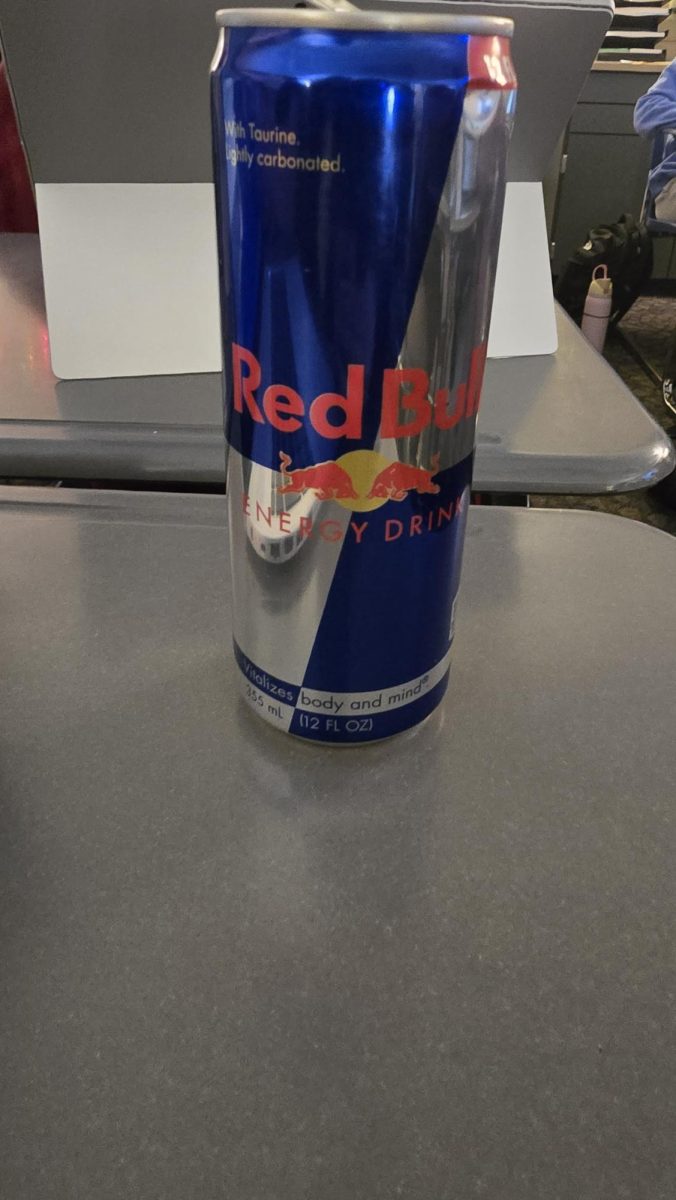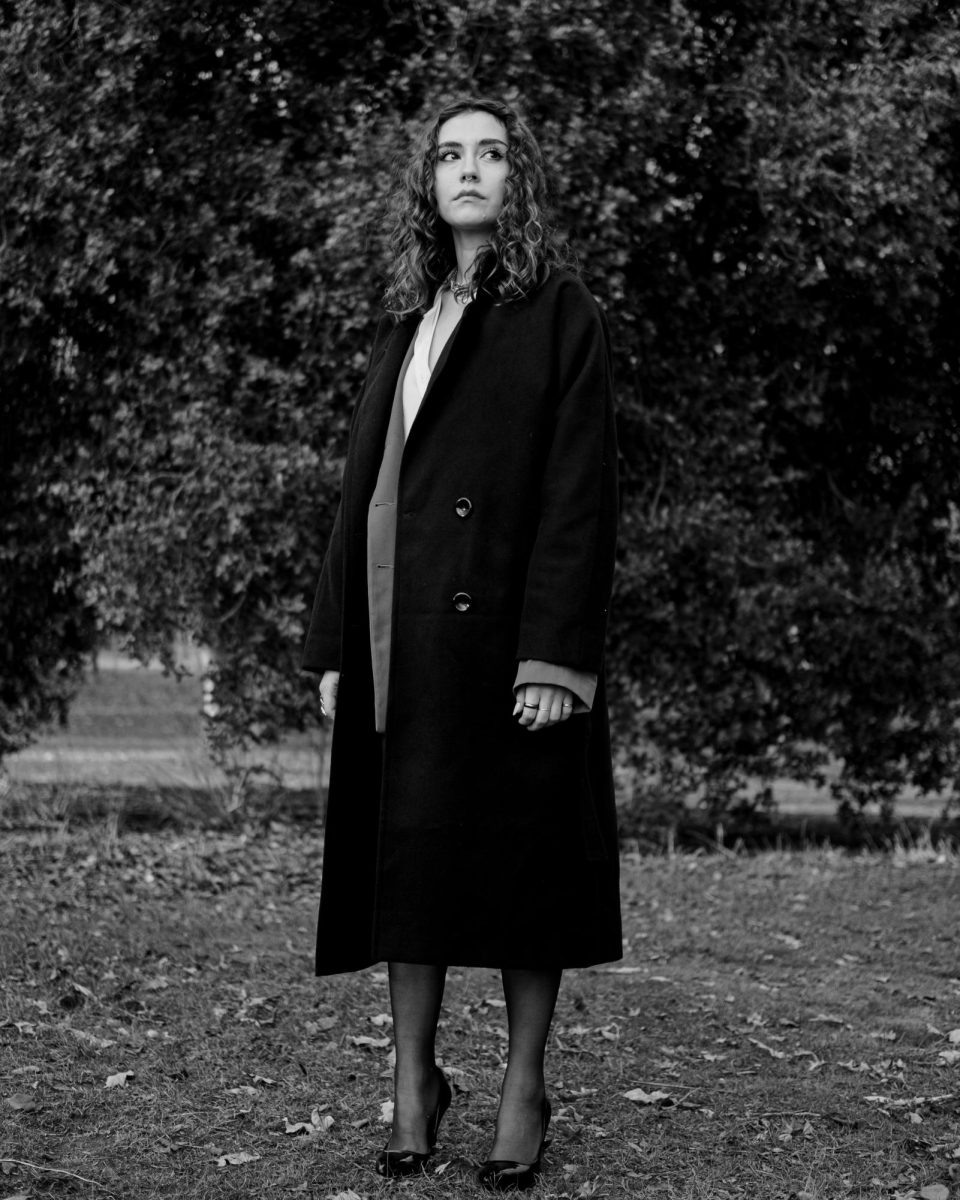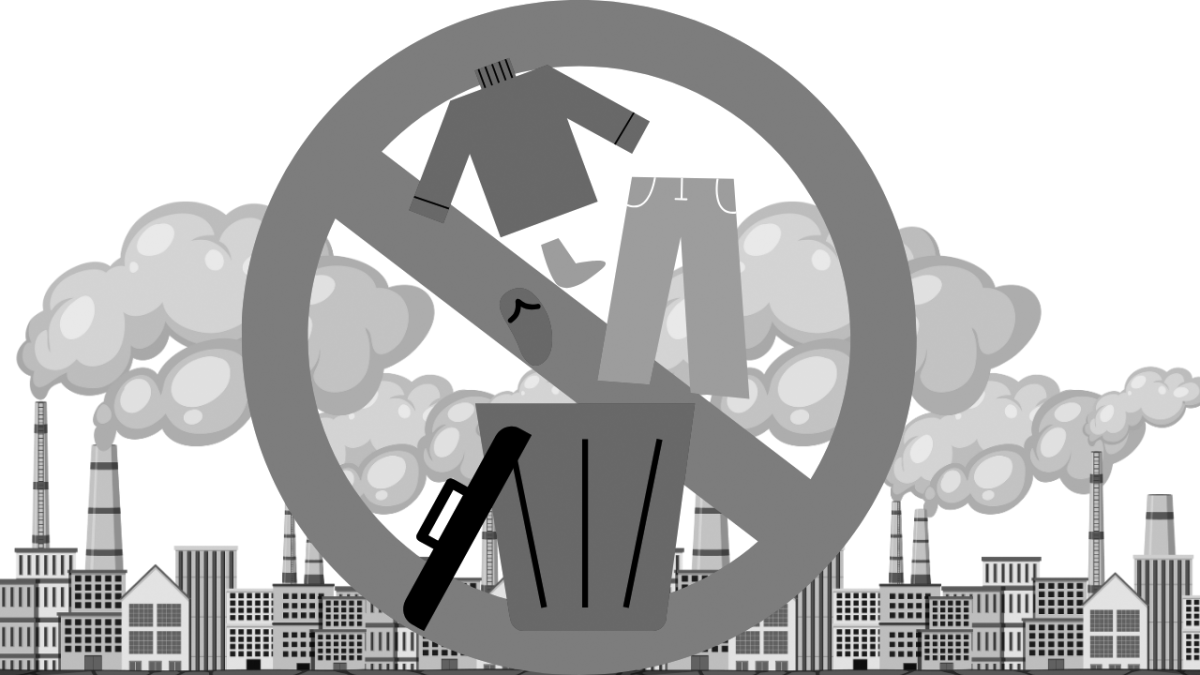Does it ever feel like the world is ending? It seems like a popular sentiment nowadays. Frankly, the prospect of doing anything in the face of impending climate catastrophe, imminent political collapse, and ongoing worldwide poverty should seem daunting if not impossible. It should, right? At least, it really seems like it would. So why doesn’t it?
The issue certainly isn’t that all this worrying stuff isn’t actually happening, unless you’re part of that contingent dedicated to pretending that all of the real problems are hoaxes conjured up by a mysterious group attempting to hide the ‘real’ issues. If that’s the case, I don’t intend to litigate your beliefs here– you can simply go enjoy one of the other lovely articles in this month’s issue of the Scroll. The featured pet this month is looking particularly cute.
The looming darkness of an apocalypse has by some miracle blended into the shadow cast by the stress of everyday life. For most people it couldn’t be ignorance; the omens of doom are being broadcast loudly at us from all sides at all times. I for one feel a profound sense of powerlessness when exposed to the reality that everything may soon irrevocably change. Instead of being spurred to action, the task of fixing things takes on the same air as a homework assignment that you got too far behind on and now might as well not do, a room that’s too dirty to meaningfully clean.
There’s just one problem with this train of thought: it can’t possibly be true. The thoughts described by these artful metaphors are my own; they constitute the experience of a procrastinator. My sample is hardly representative, but based on the people I know it’s simply incredibly unlikely that everyone in the world just puts things off for later like I tend to. Furthermore, if they did, things would stop working at all and the aforementioned societal collapse wouldn’t be inevitable, but rather have already happened years ago.
Even so, we don’t seem to be able to muster any particularly actionable worry about the larger world. There are, of course, exceptions; at one point I considered myself to be one of them. I engaged in activism, tried to change people’s minds and fix the world. But what seems to primarily concern all of us is the smaller stuff: college prospects, interpersonal relationships, getting a job. This isn’t to say that these are frivolous things to care about– on the contrary, things would probably go very poorly for someone who didn’t. In fact, this can and usually does coexist with the lifestyle of an activist with very little contradiction.
That said, activism, aside from the various pitfalls and failures that cause so much associated frustration, just gets really tiring. Much of it is bureaucratic, boorish, and most of all boring. You strive towards change, work for something greater, and see little to no fruits for your labor. Sometimes you can help individuals, but on a large scale what does that really do? It’s not like one organization is capable of altering the structures that made the person need help in the first place.
And the problem is, in fact, structural; no individual can be held at fault for everything wrong, which also means that any attempt at lobbying a single individual is bound to feel hollow and impotent. Of course, putting your dukes up against a whole system of power is similarly intimidating, so where does that leave us?
This vibe of powerlessness may feel unique now, but it’s been present throughout much of history. For instance, during the Cold War, there was a constant government-instilled anxiety about nuclear warfare. Total Armageddon was just around the corner, and all it would take was an error in some detection equipment. This sword of Damocles hanging over everyone’s head was a lot more violent and immediate than the one over ours, and even then the instinct was towards pretending everything was normal. The cultural anxiety inspired a lot of powerful art and some strong political movements, just as now, but in both cases, almost everyone knows something is wrong and nearly nobody is doing anything.
Instead, we simply go about life because doing otherwise would be shattering. We’re alright, because being anything else is too much work. Things stay the way they are because static is easier than change. It’s the end of the world and, to paraphrase REM, we feel fine. Our hearts and minds just can’t take the emotional strain of having empathy for everyone all of the time. Those who try often spiral into depression and end up burning out– or burning up. Just look at all the people who have literally self-immolated in support of a cause because they didn’t see any more effective option.
This article has been kind of a bummer. But, and bear with me for this one, there is hope. It can be easy to fall into pessimism, but that tendency is ultimately very harmful. What appears to be a steady decline is in fact a series of hard-won battles by activists and experts that the great machine of societal power is slowly rolling back. Without action, we wouldn’t have had the progress in the first place that we’re now losing. Your impulse to help is not futile and any effort has some effect. If you take anything away from this article, let it be this: while you may not be able to change the world, you can help a single person– and that can mean the world to them..
What do we do about the end of the world?
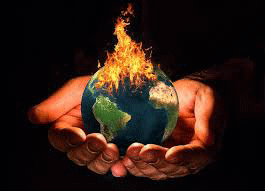
Story continues below advertisement
0
Donate to The Scroll
$910
$1400
Contributed
Our Goal
Your donation will support the student journalists of Fargo North High School. Your contribution will allow us to resume physical printing of our newspaper for students at Fargo North!
More to Discover



